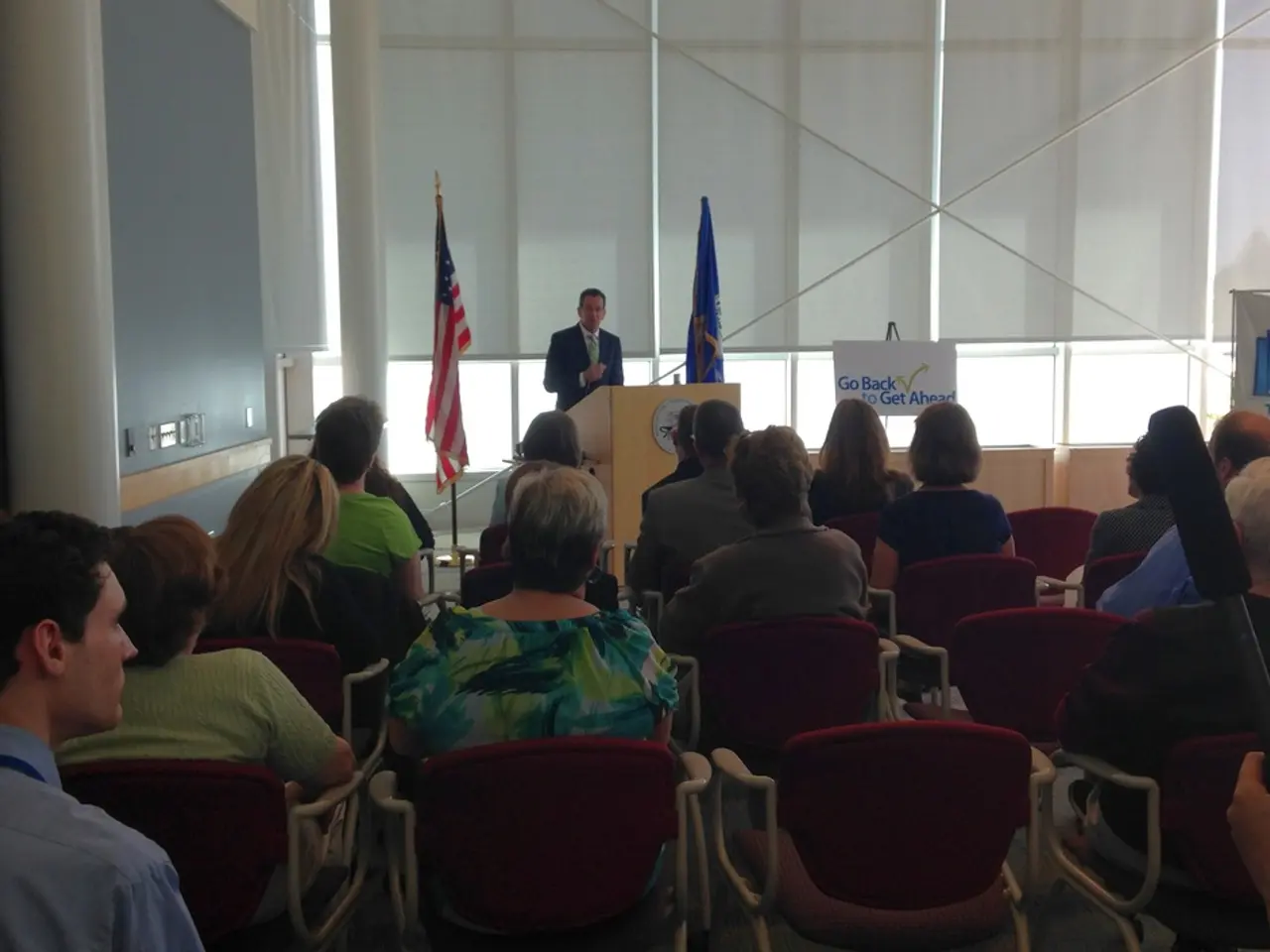Artificial Intelligence and Deepfakes Jeopardize the Integrity of Past Elections
In the lead-up to the historic elections of 2024, the world is grappling with a formidable challenge: the proliferation of deepfakes and AI-driven disinformation. These potent tools, capable of creating hyper-realistic fake media, pose unprecedented threats to the integrity of elections worldwide.
Deepfakes exacerbate existing vulnerabilities in electoral systems, including social polarization, media manipulation, and foreign interference. Malicious actors can deceive voters, sway opinions, and undermine the legitimacy of electoral outcomes. The manipulation of public perception and the erosion of trust in democratic institutions are central concerns in the spread of deepfake disinformation.
To tackle this multifaceted challenge, a combination of legal, technological, and collaborative efforts is being employed.
Legal Measures and Copyright Protections: Denmark is pioneering legislation that grants individuals copyright control over their own likeness—face, voice, body—to prevent unauthorized deepfake usage. This law aims to compel platforms to remove illicit AI-generated content under threat of fines, while still allowing parody and satire. Denmark's initiative may influence wider EU adoption during its presidency.
Regulatory Efforts in the European Union: The EU has introduced regulations requiring AI providers and online platforms to ensure transparency of deepfake content. However, enforcement remains challenging due to the rapid evolution of deepfake technology and tensions between combating misinformation and protecting freedom of speech.
Technological Solutions and AI Detection Tools: Companies like Cyabra have developed AI-powered deepfake detection integrated into broader disinformation platforms. These tools not only detect manipulated media but also identify fake profiles and coordinated narratives in real time, enabling governments and corporations to respond swiftly to AI-driven disinformation and election interference campaigns.
International Standards and Collaboration: The United Nations has initiated efforts to unite standards bodies to address the global threat posed by deepfakes, aiming to develop international standards that can build trust in digital content authenticity worldwide.
Recognition of Deepfake Threats in Global Risk Assessments: The World Economic Forum’s Global Risks Report 2025 highlights disinformation amplified by AI-powered deepfakes as a major short-term global risk, calling for urgent cross-sector responses from governments, law enforcement, and the justice system to protect democratic processes and public trust.
Investigating the impact of deepfakes on voter behavior, examining strategies to combat deepfake technology in elections, and ensuring transparency in electoral processes are crucial aspects of this global response. Education and media literacy are essential in inoculating the public against deepfake disinformation.
Collaborative efforts between governments, tech companies, and civil society are needed to combat deepfake disinformation. Robust cybersecurity measures, media literacy initiatives, and international cooperation become more pressing in the face of these threats.
Governments must prepare for AI-driven election threats by investing in AI regulation, voter awareness campaigns, real-time fact-checking networks, and public-private partnerships. Implementing robust legal and regulatory frameworks to hold individuals and entities accountable for creating and disseminating malicious deepfakes is also crucial.
Examples of high-profile instances of deepfakes in elections, such as the altered content of Ukrainian President Zelenskyy and Indian politicians, underscore the urgency of these measures. Outlining the FAQs related to deepfakes in the context of political campaigns, including their potential impact on election outcomes, the role of AI in creating deepfakes, and the ethical concerns surrounding their usage, is essential for public understanding and engagement.
As we navigate the deepfake challenge, it is clear that the emergence of deepfakes poses unprecedented challenges to the integrity and credibility of historic elections worldwide. By collectively employing legal reforms, regulatory oversight, advanced AI detection technologies, and international cooperation, we can strive to safeguard the integrity and legitimacy of democratic elections in the face of evolving technological threats.
- Politicians worldwide face the risk of AI-driven disinformation, with deepfakes presenting an unprecedented threat to the authenticity of digital content and the legitimacy of electoral outcomes.
- To combat this issue, international standards and collaboration, such as those initiated by the United Nations, are essential to develop global trust in digital content authenticity.
- In response to this challenge, Denmark has introduced legislation granting individuals copyright control over their likeness, compelling platforms to remove illicit deepfake content to prevent foreign interference and media manipulation in elections.
- As the 2024 elections approach, governments must prepare for AI-driven election threats by implementing robust cybersecurity measures, supporting media literacy initiatives, and partnering with tech companies to ensure transparency in electoral processes and protect democratic institutions from deepfake disinformation.




